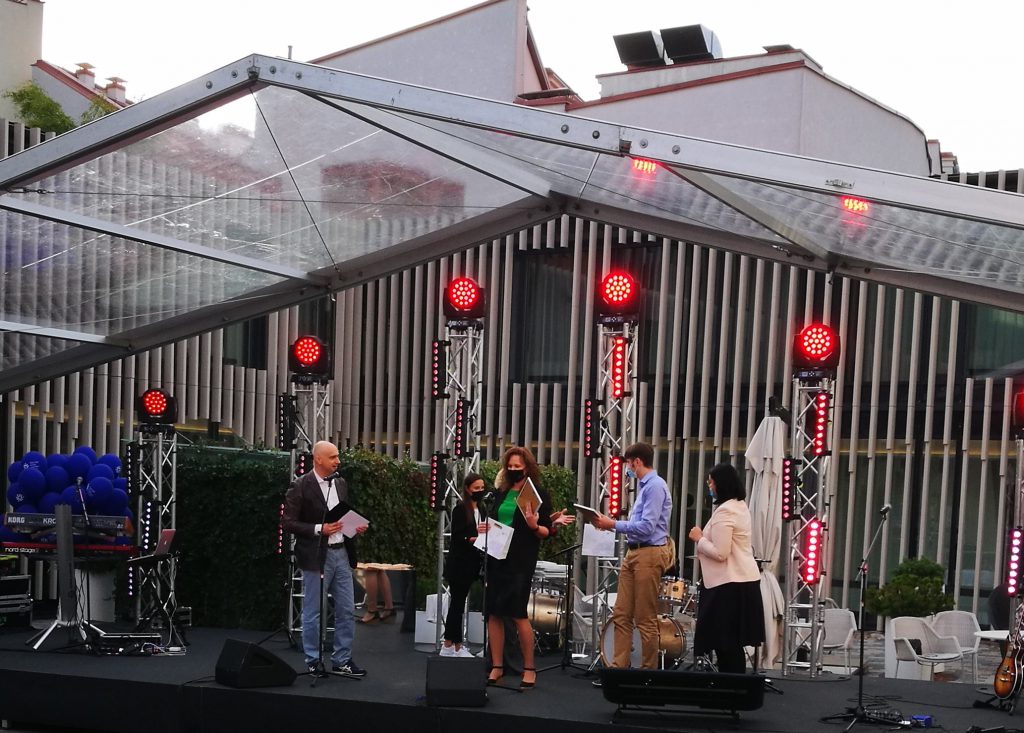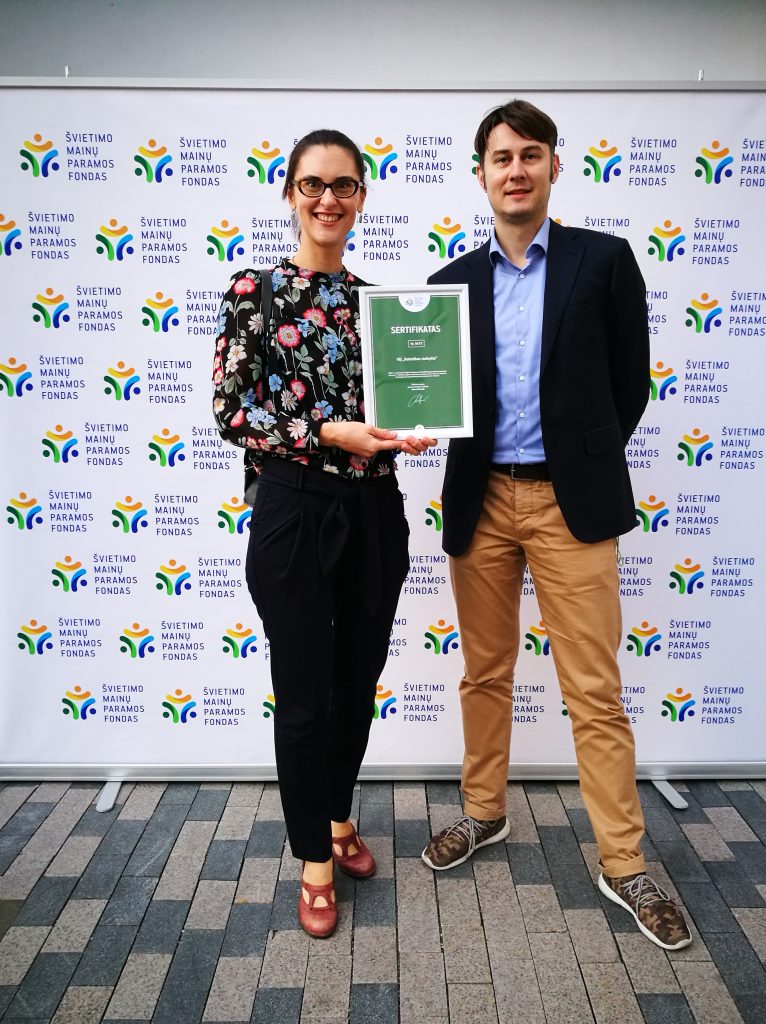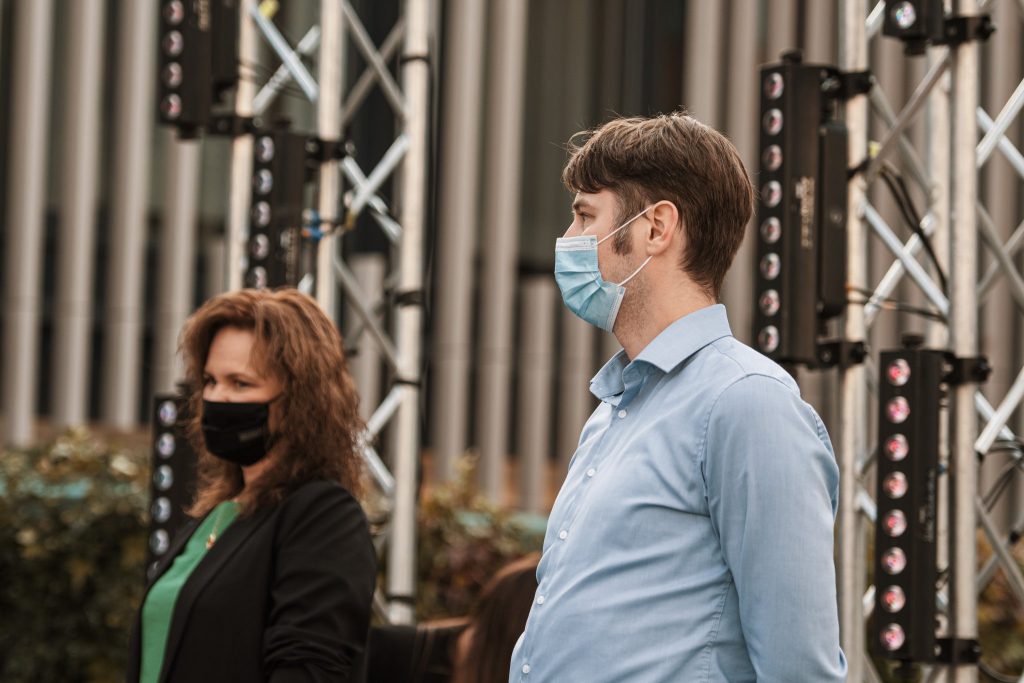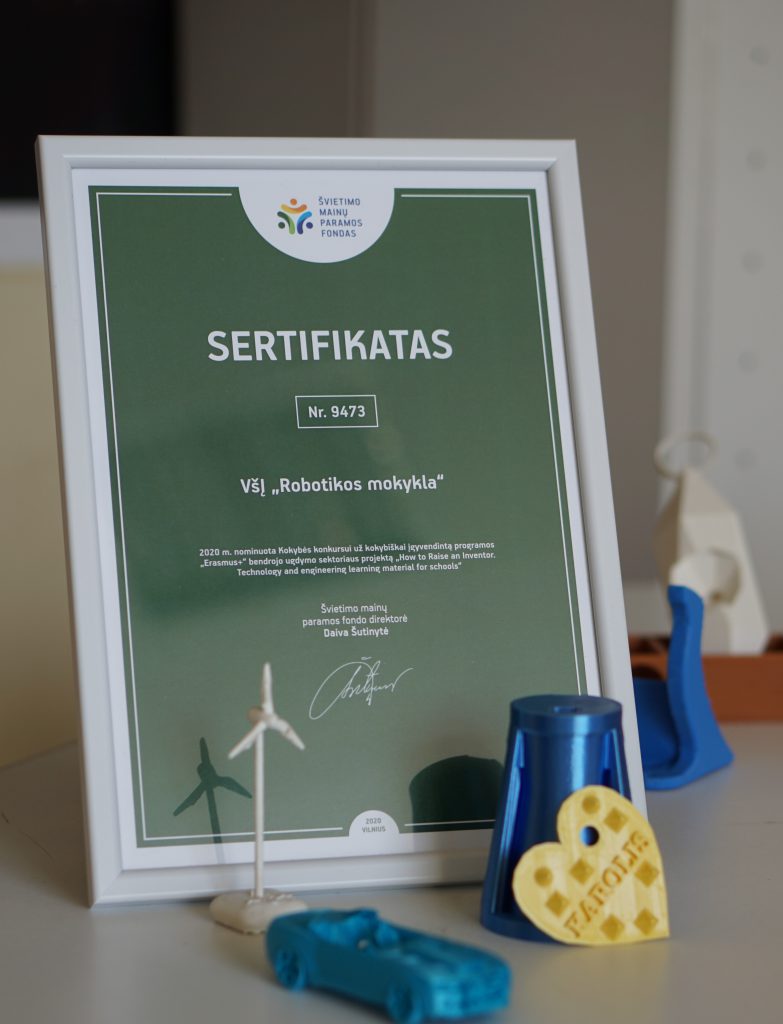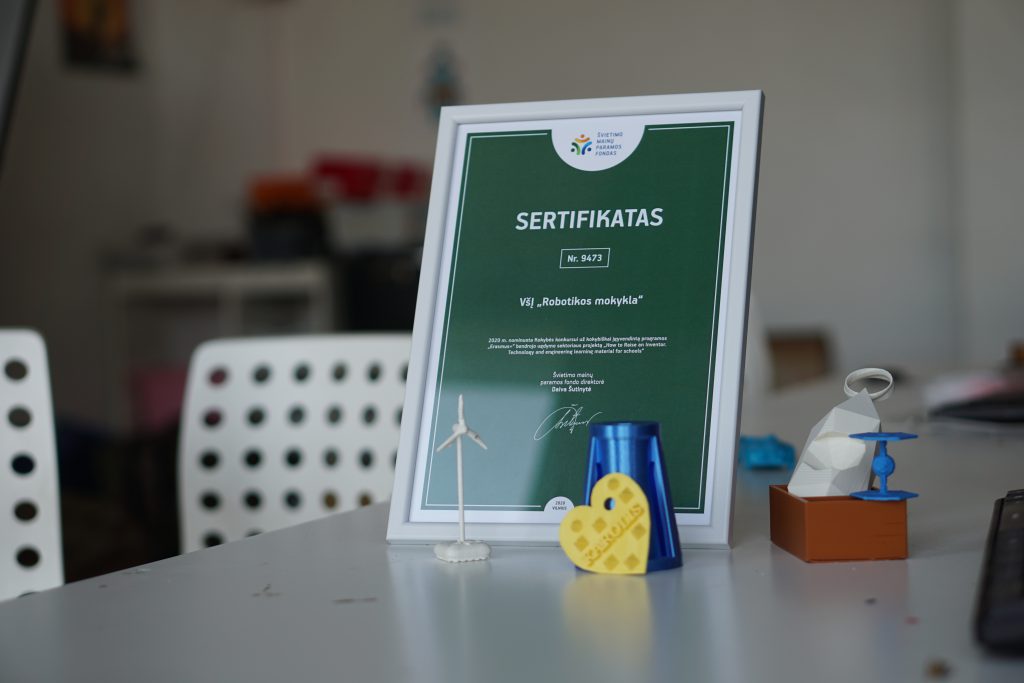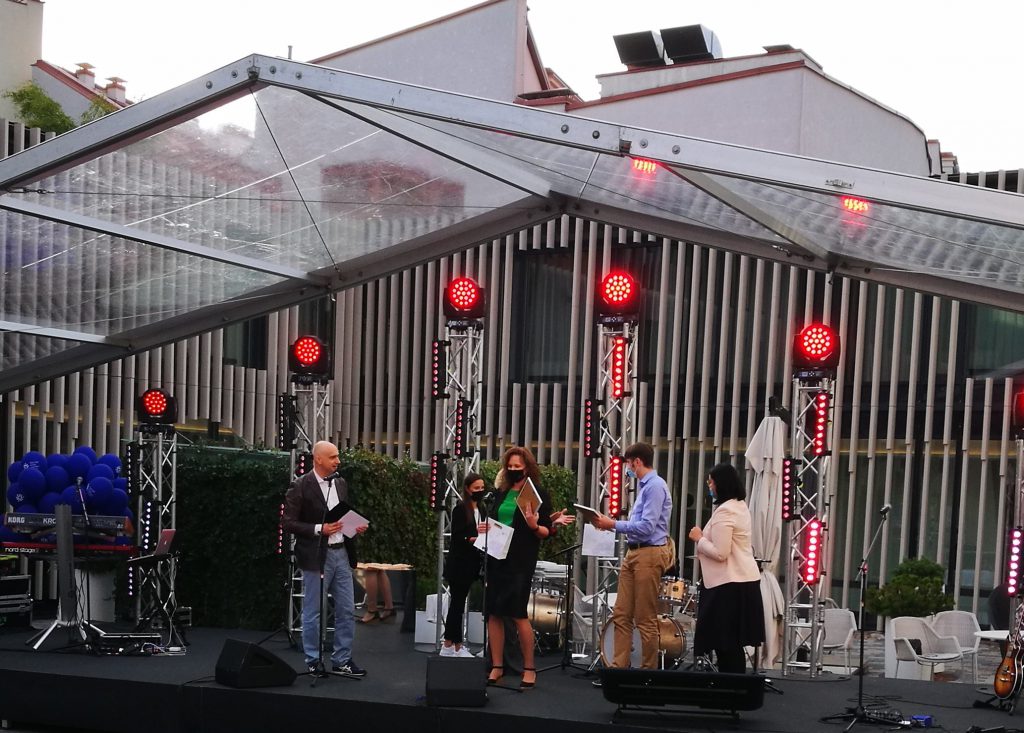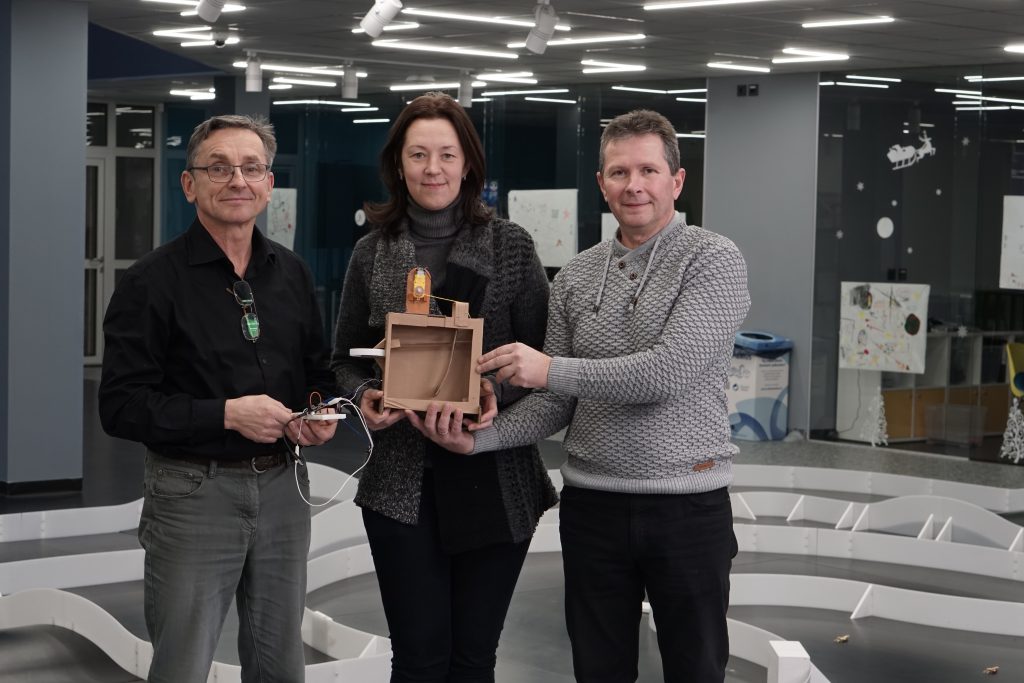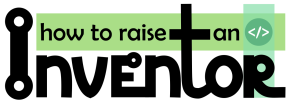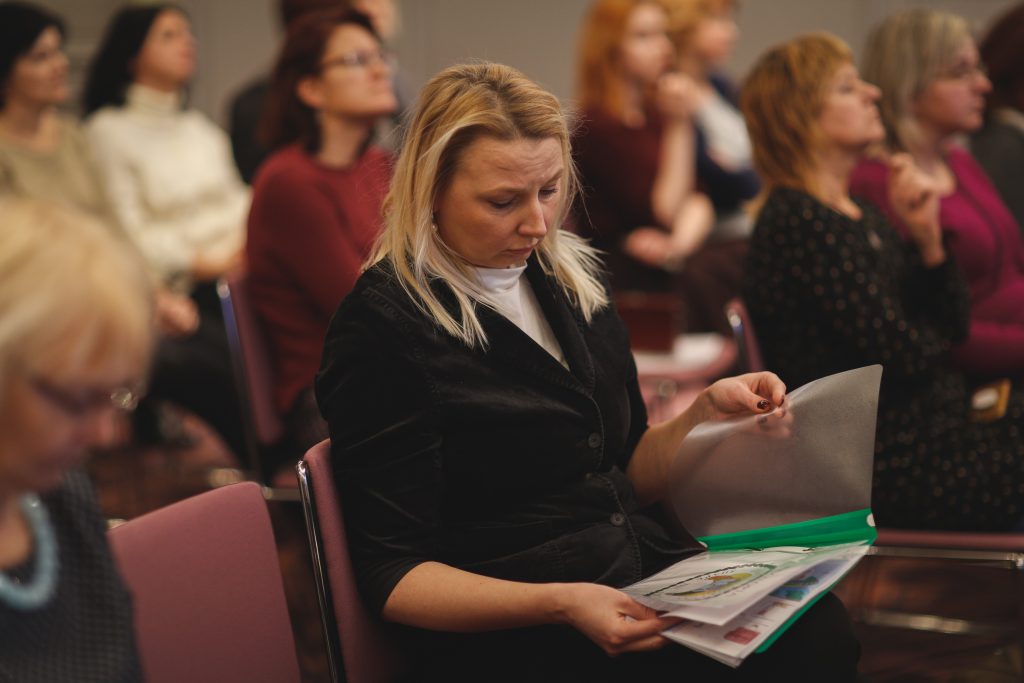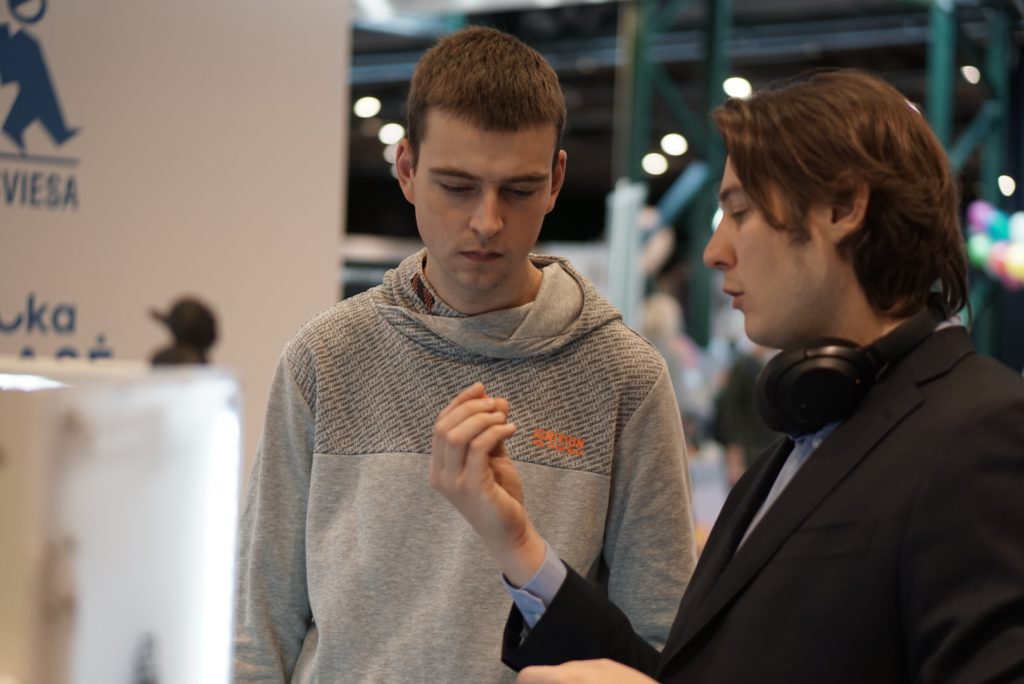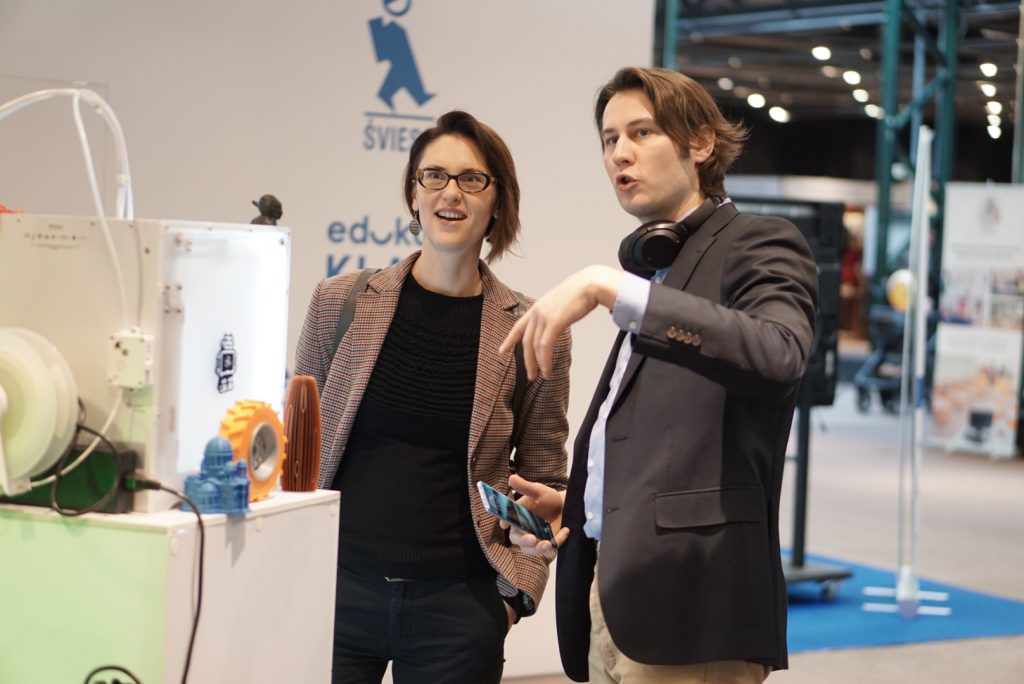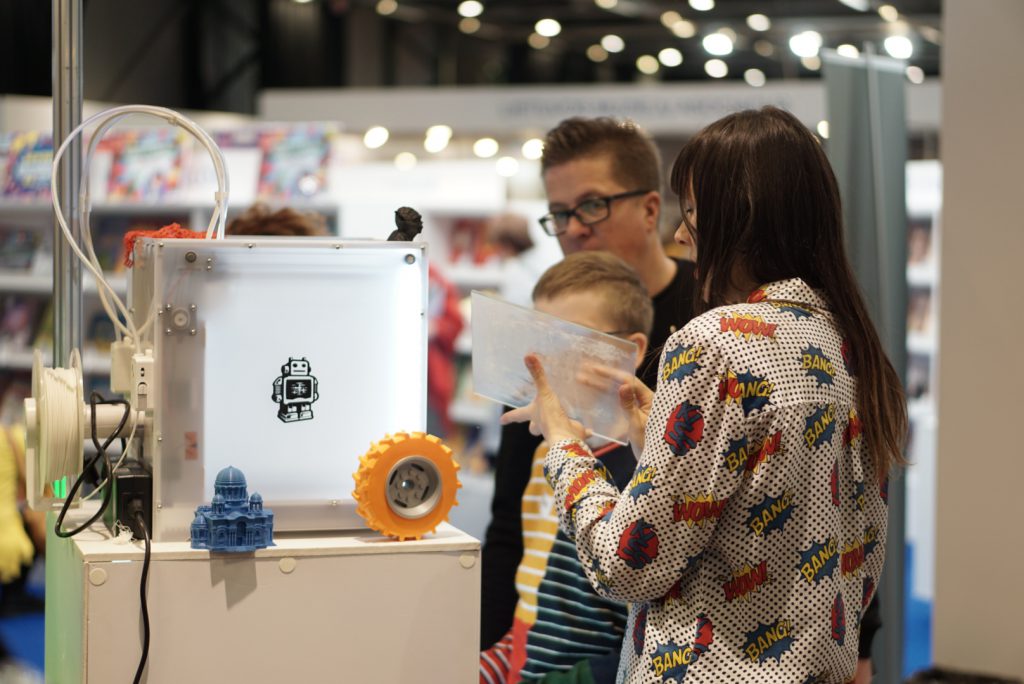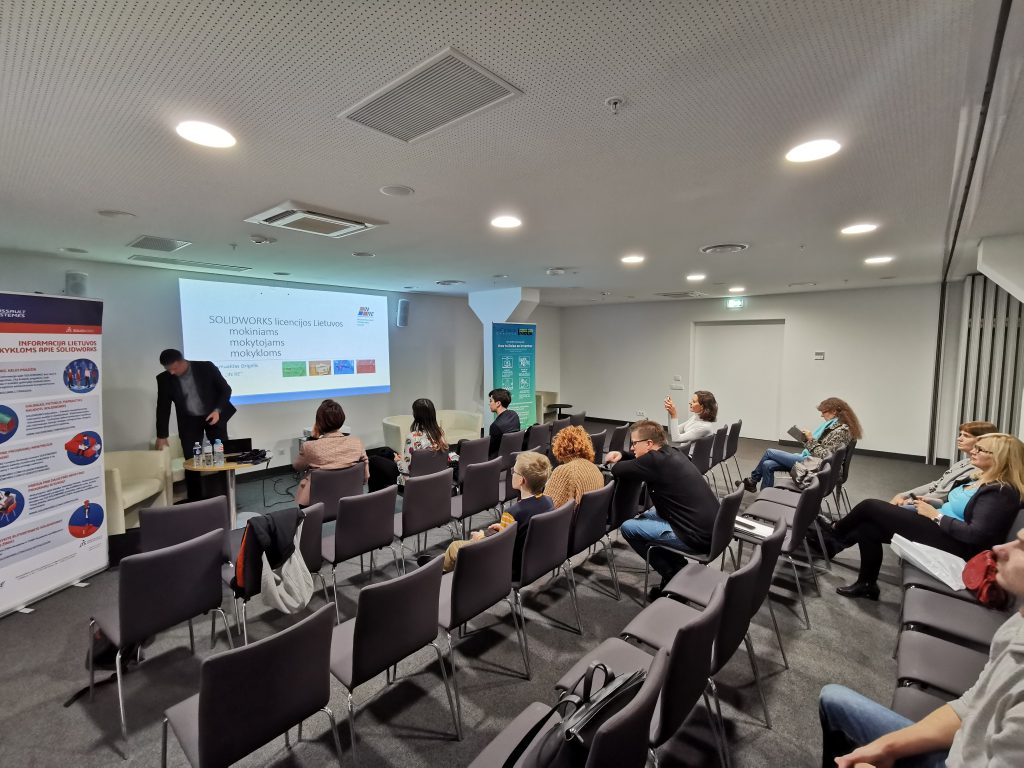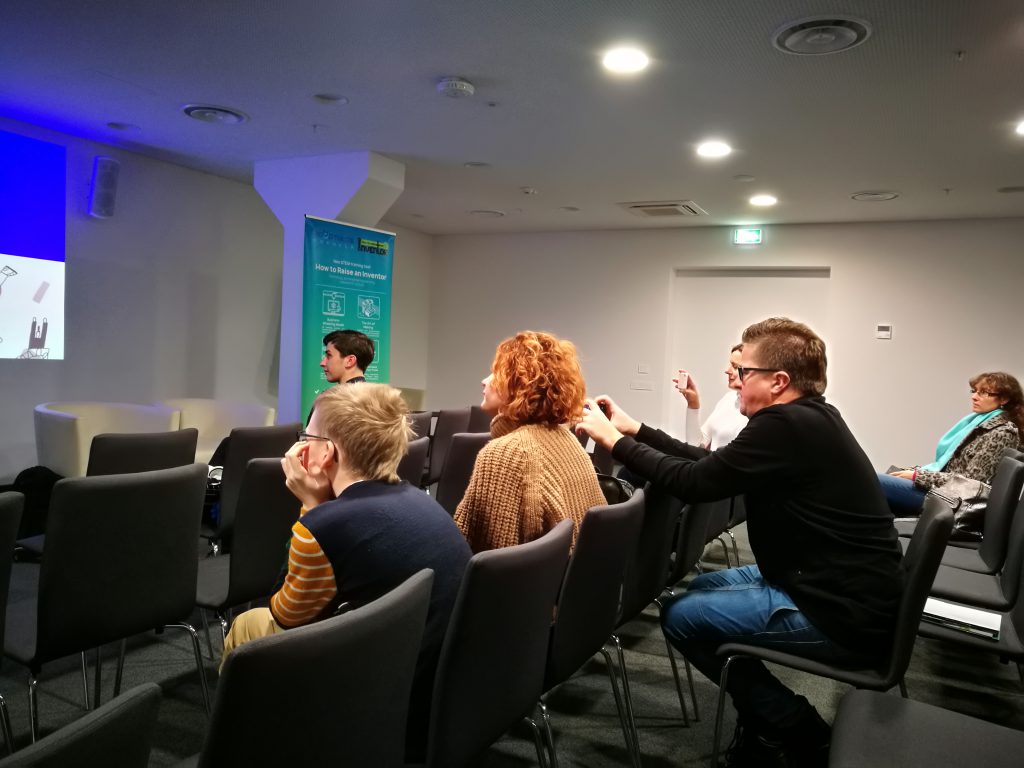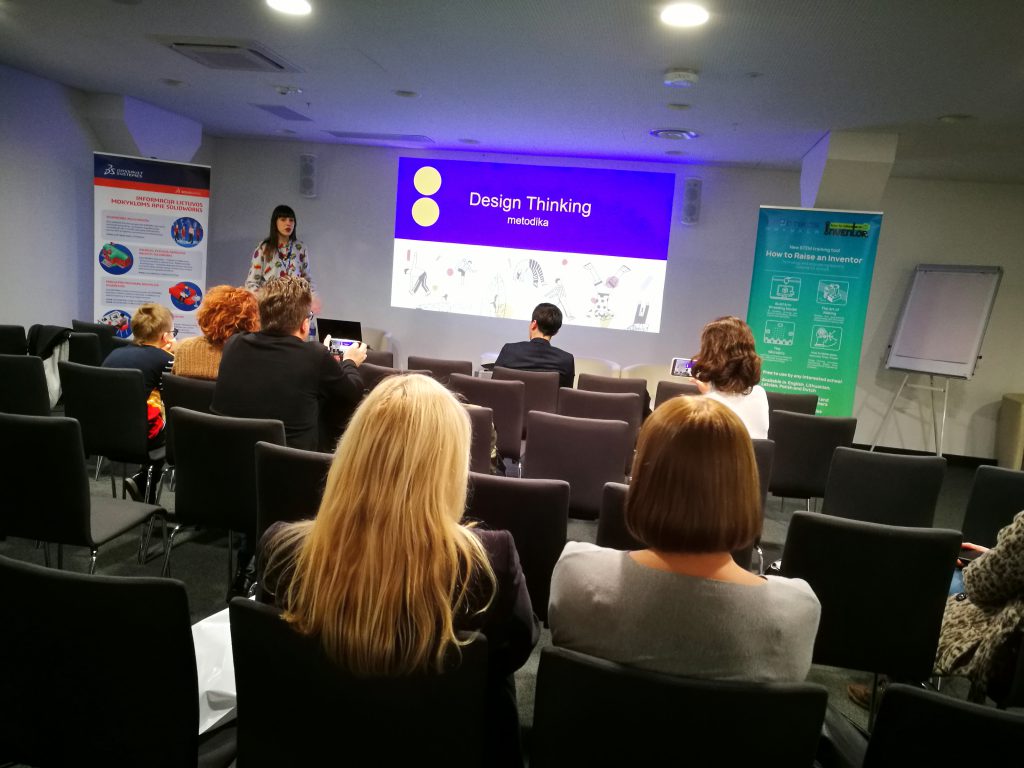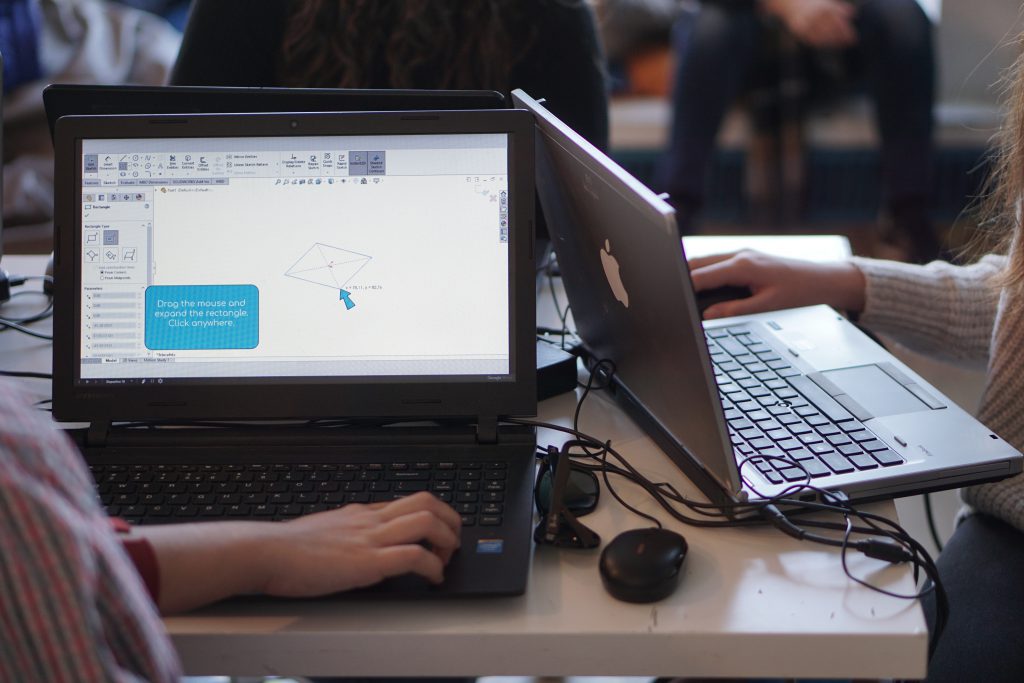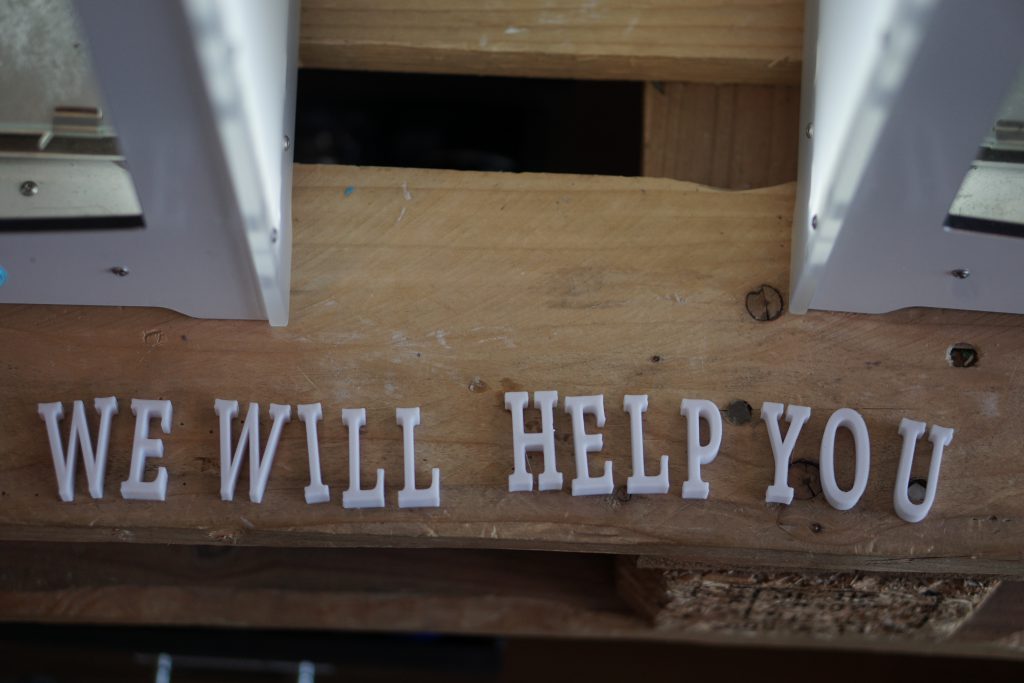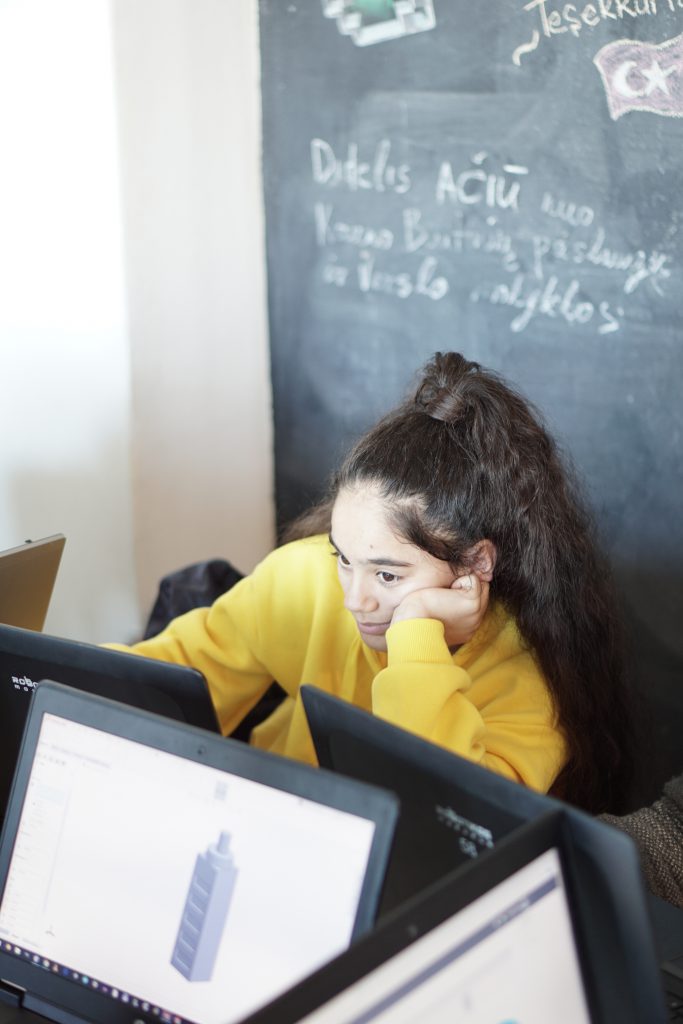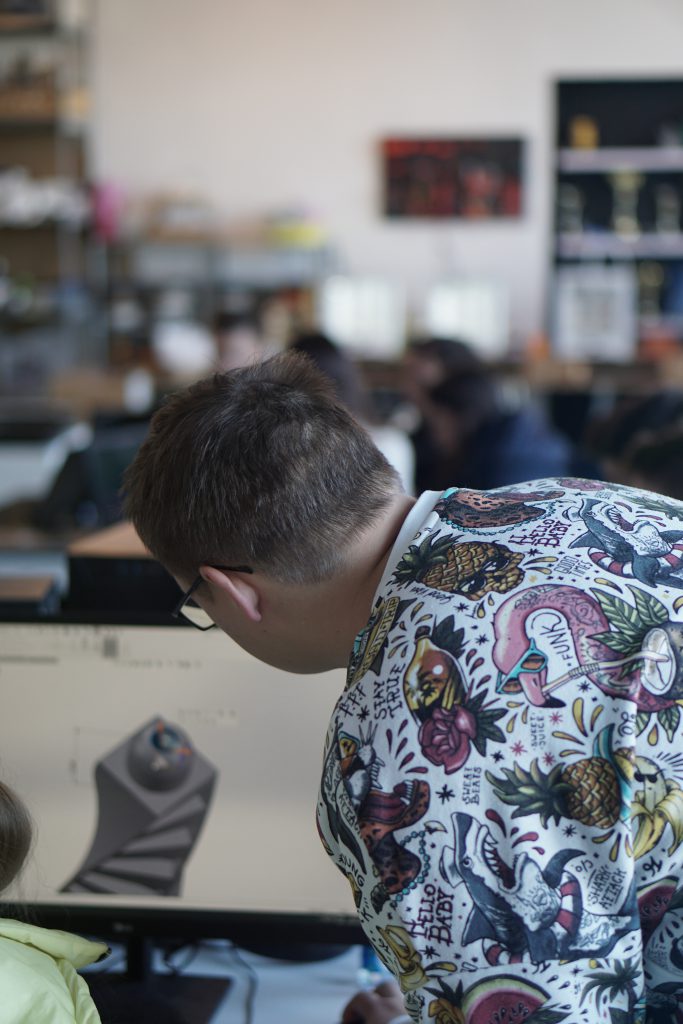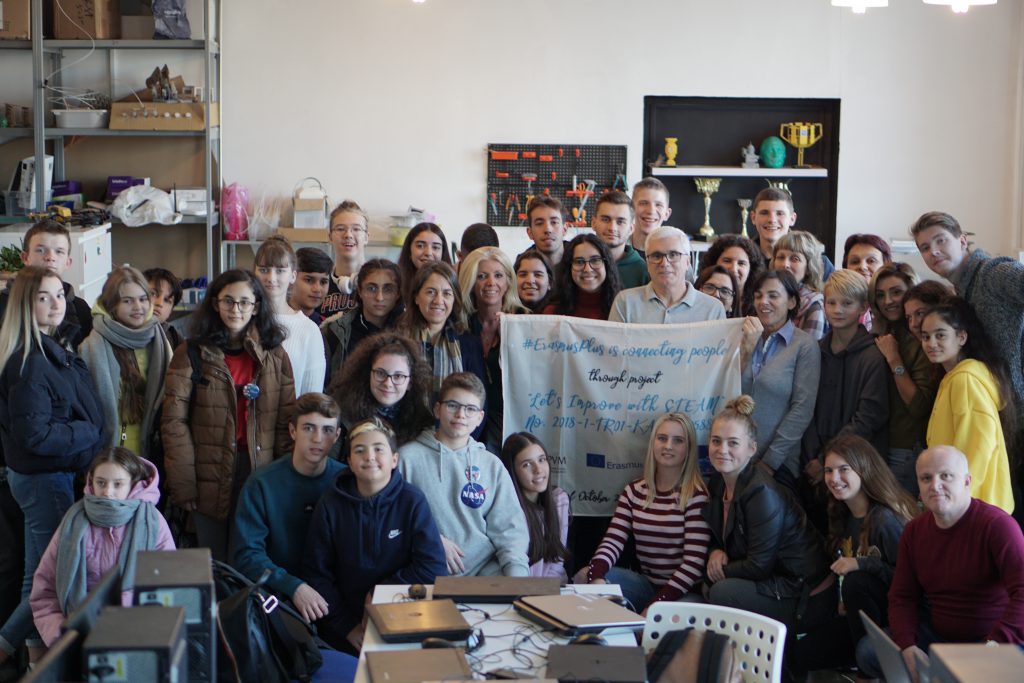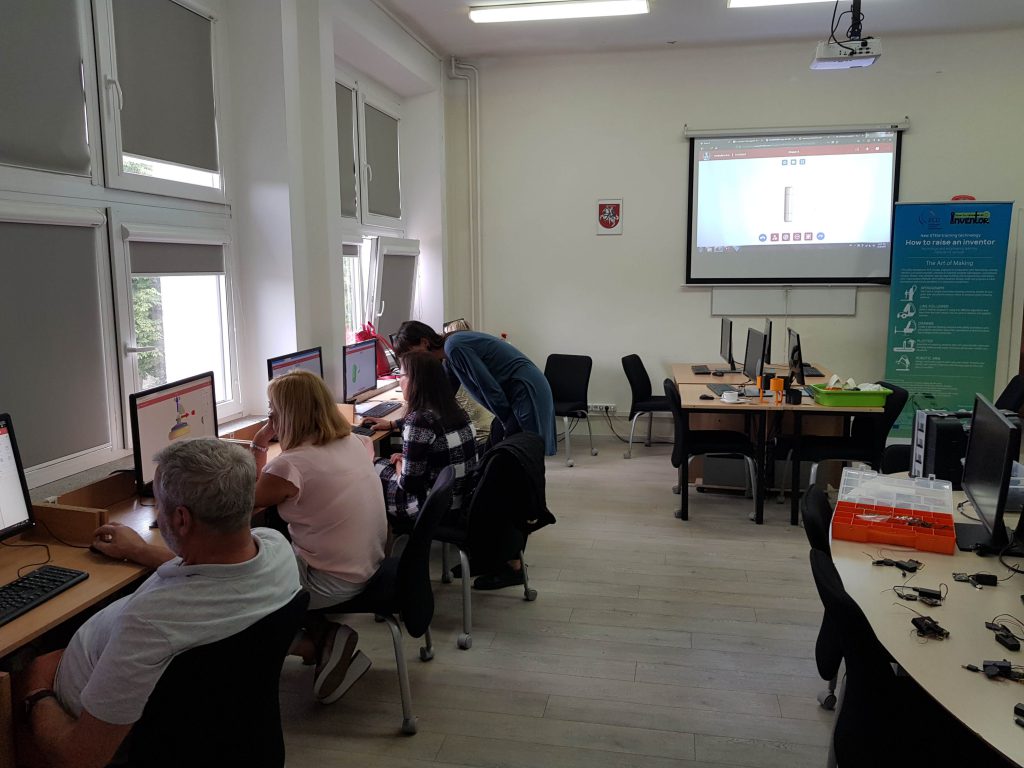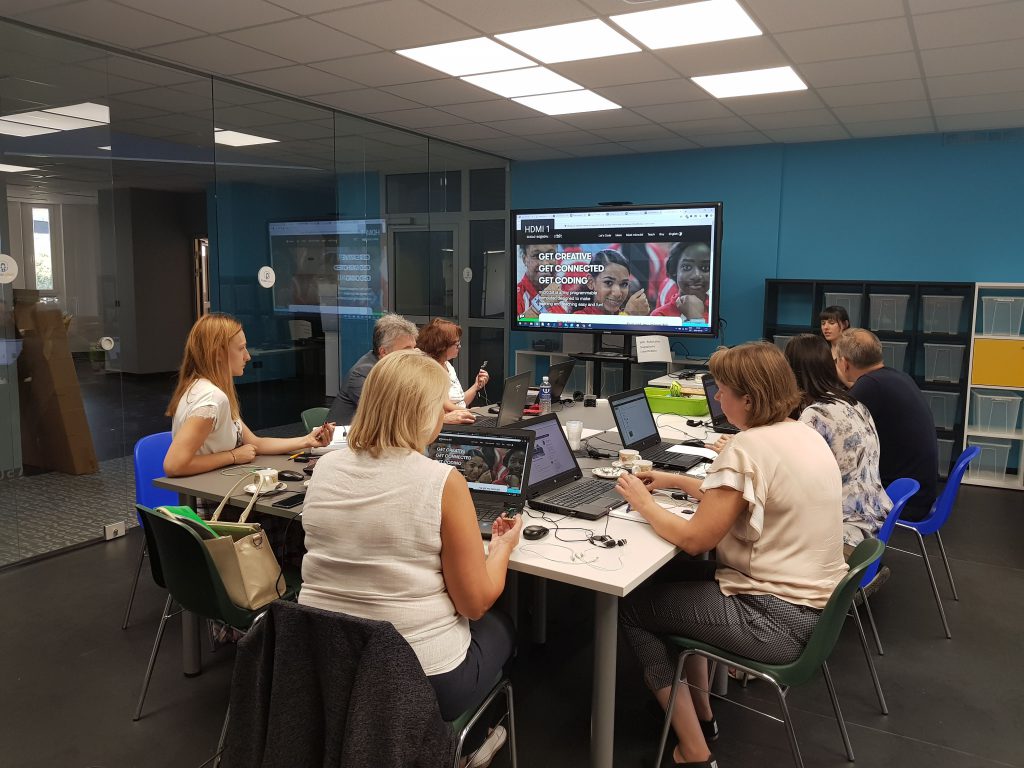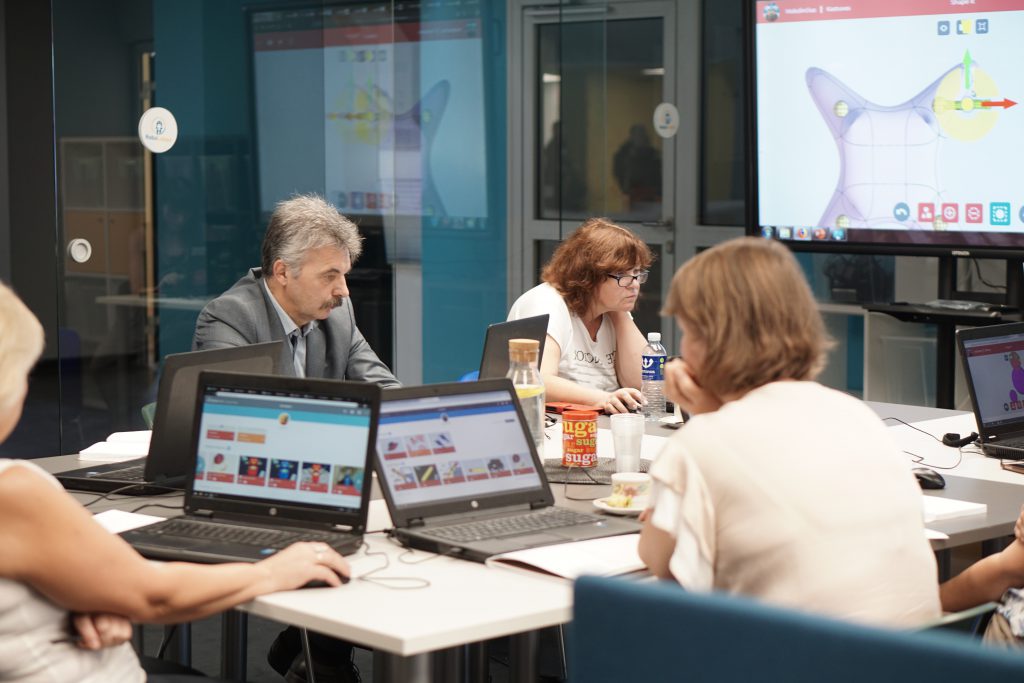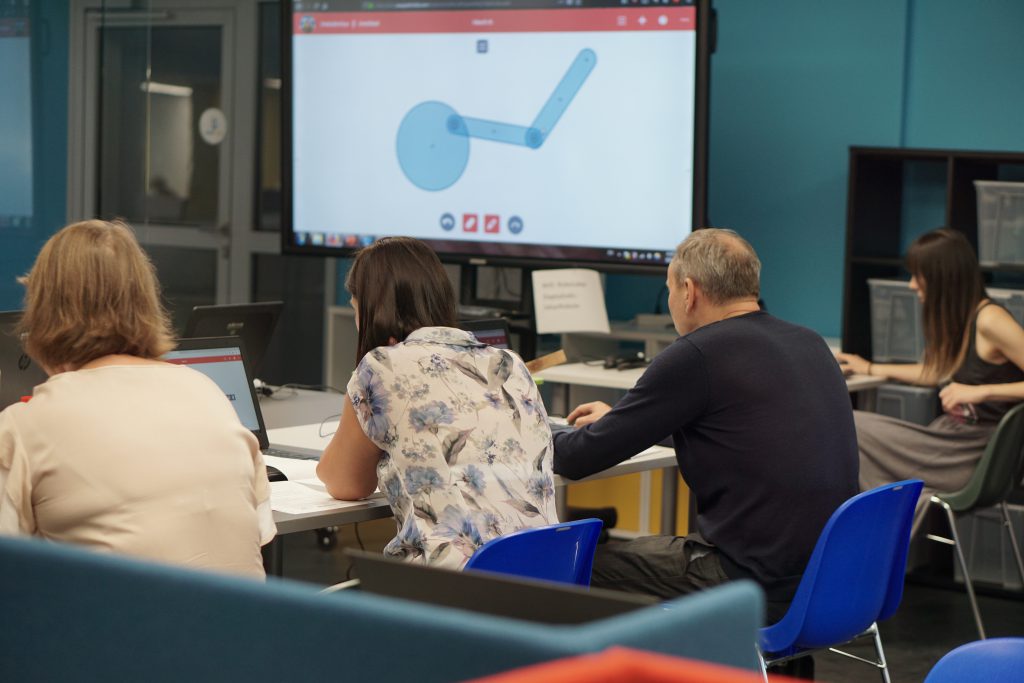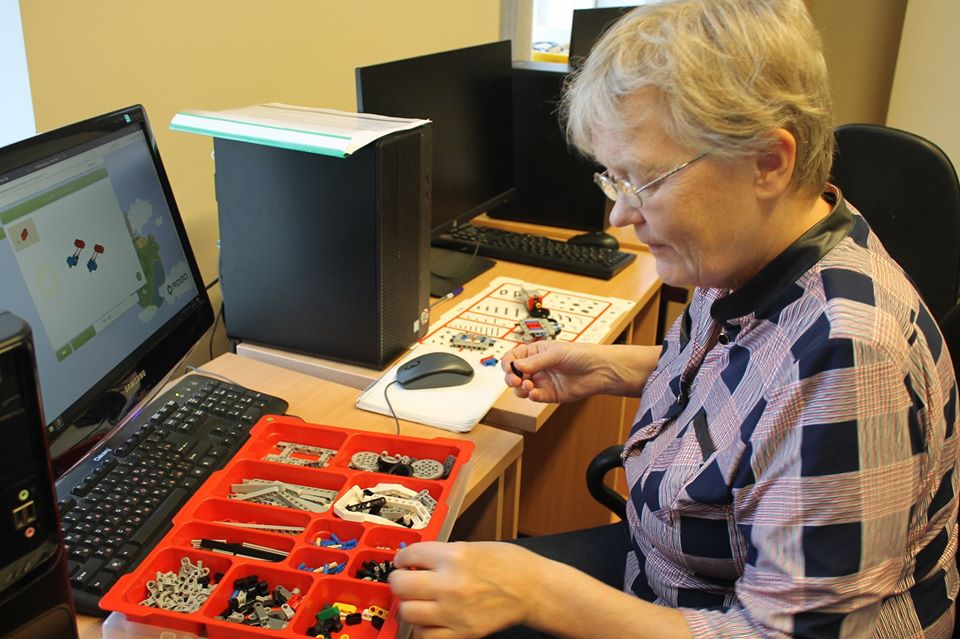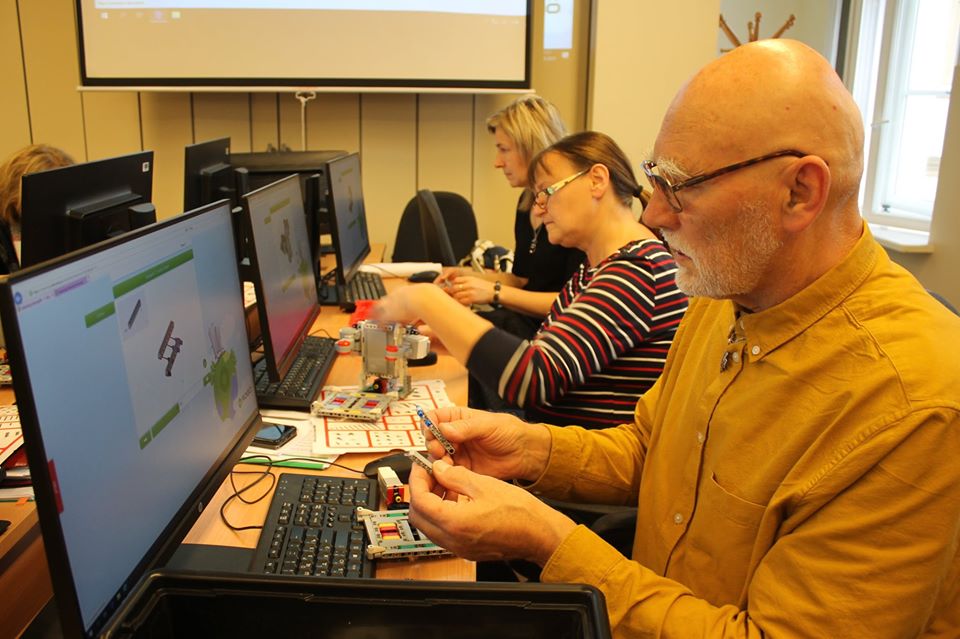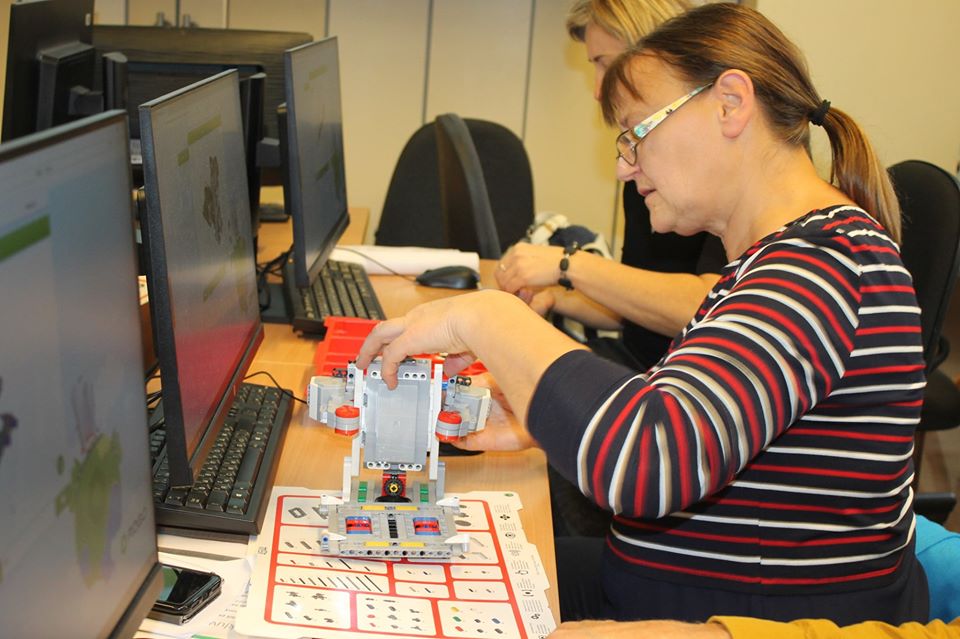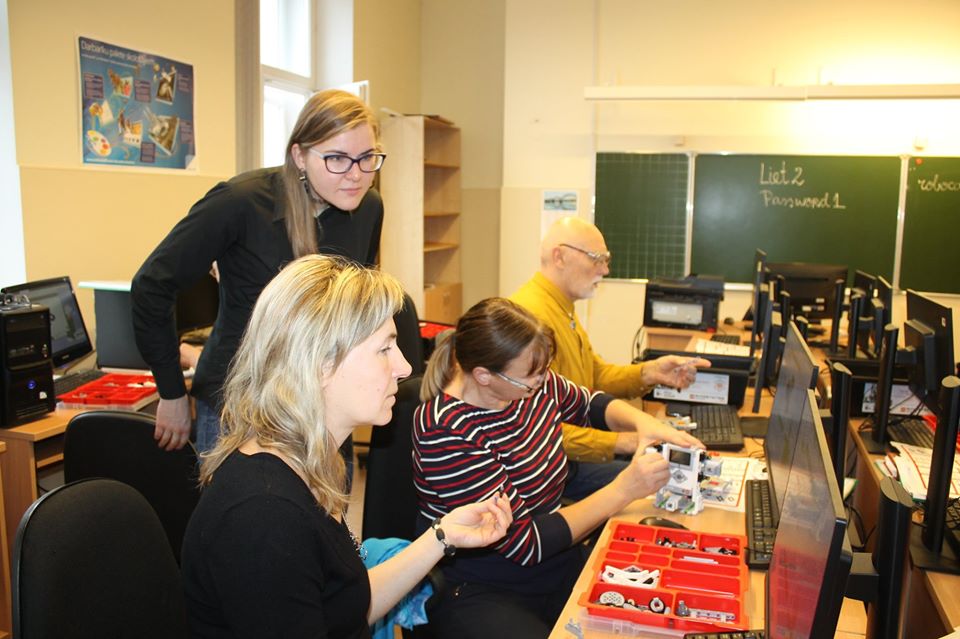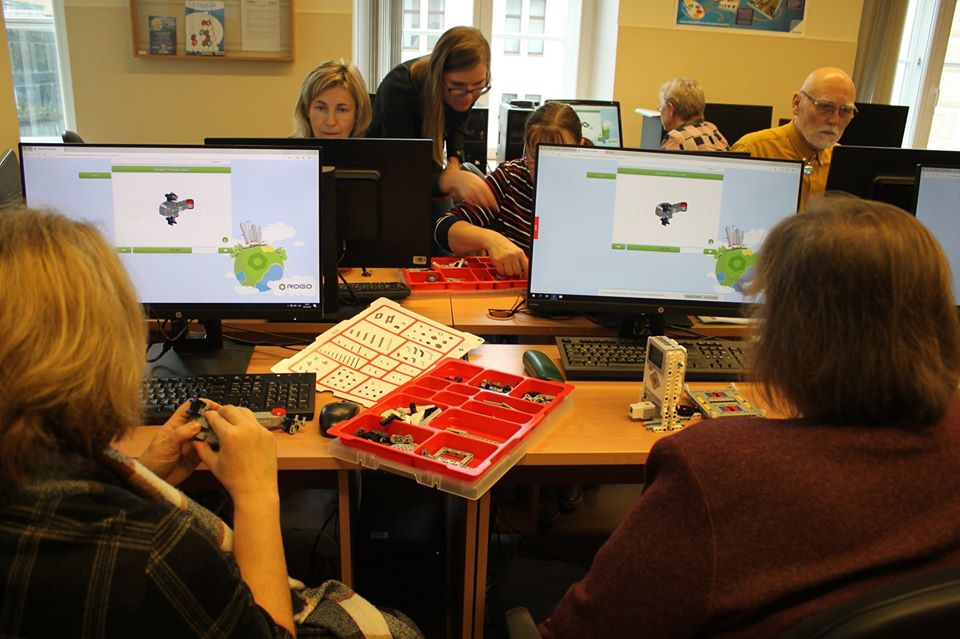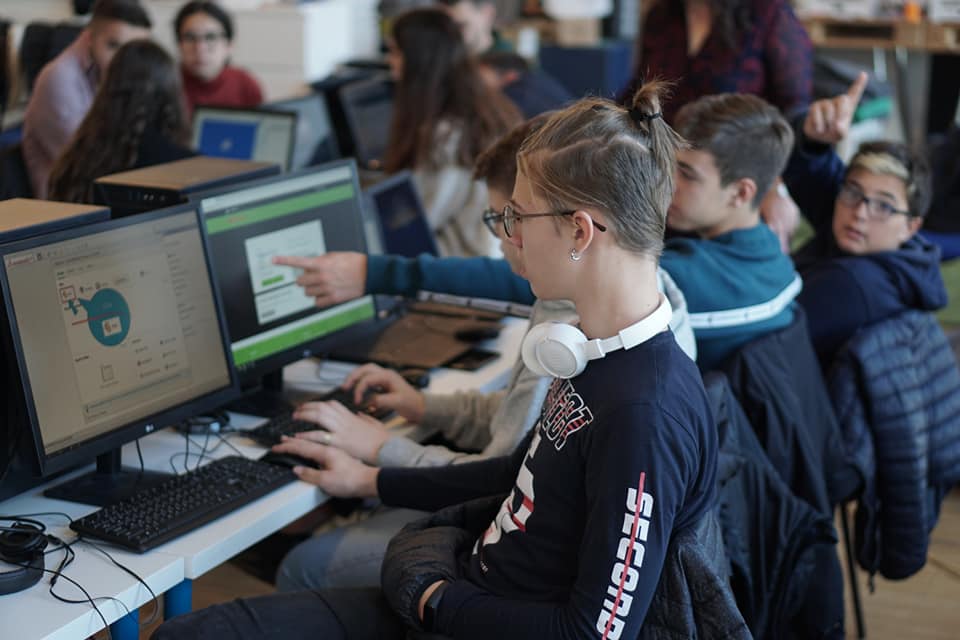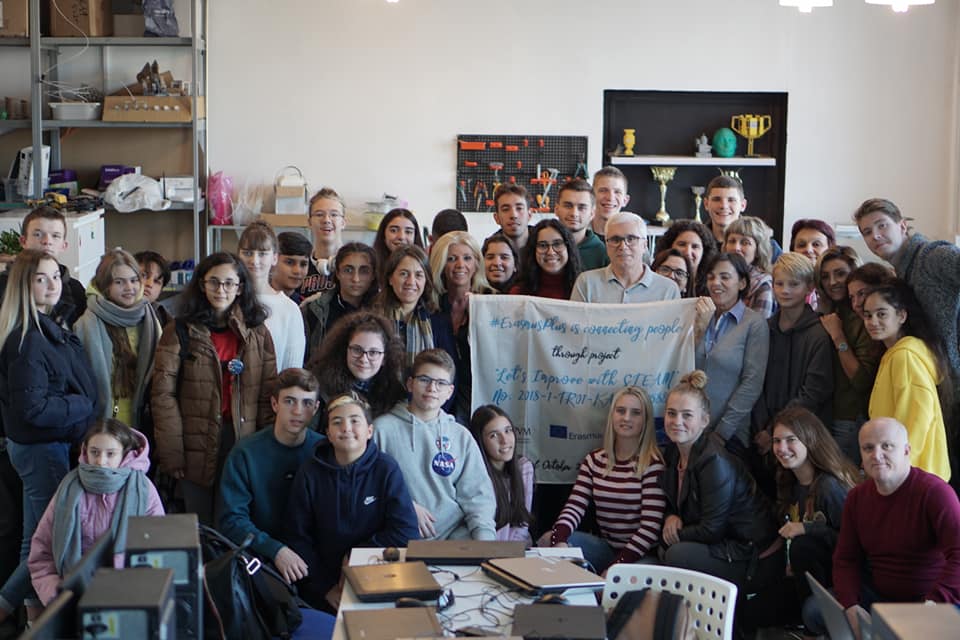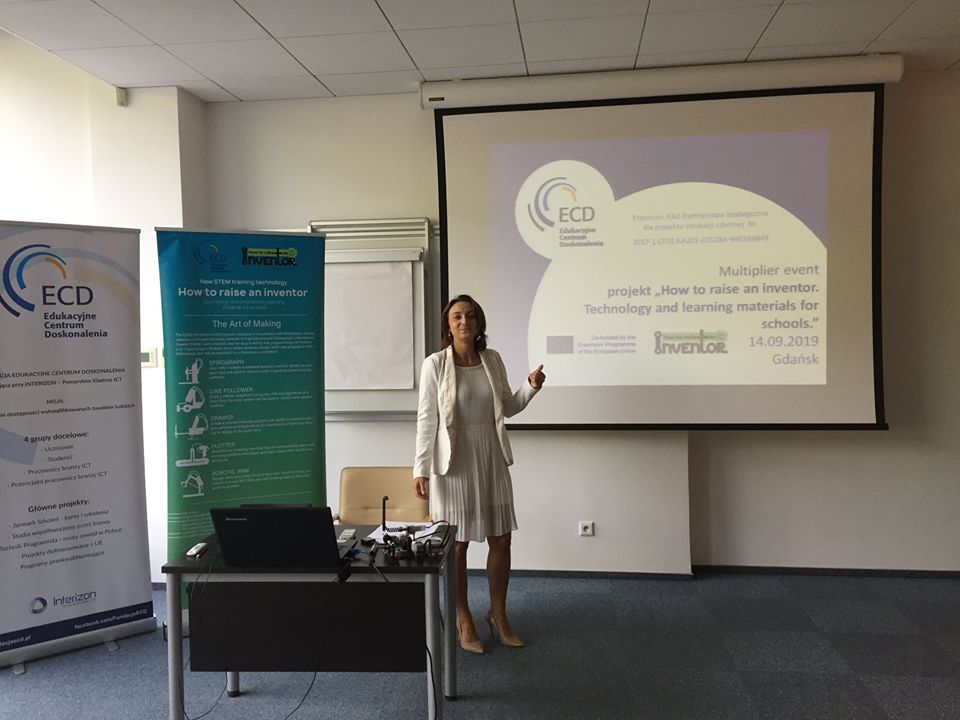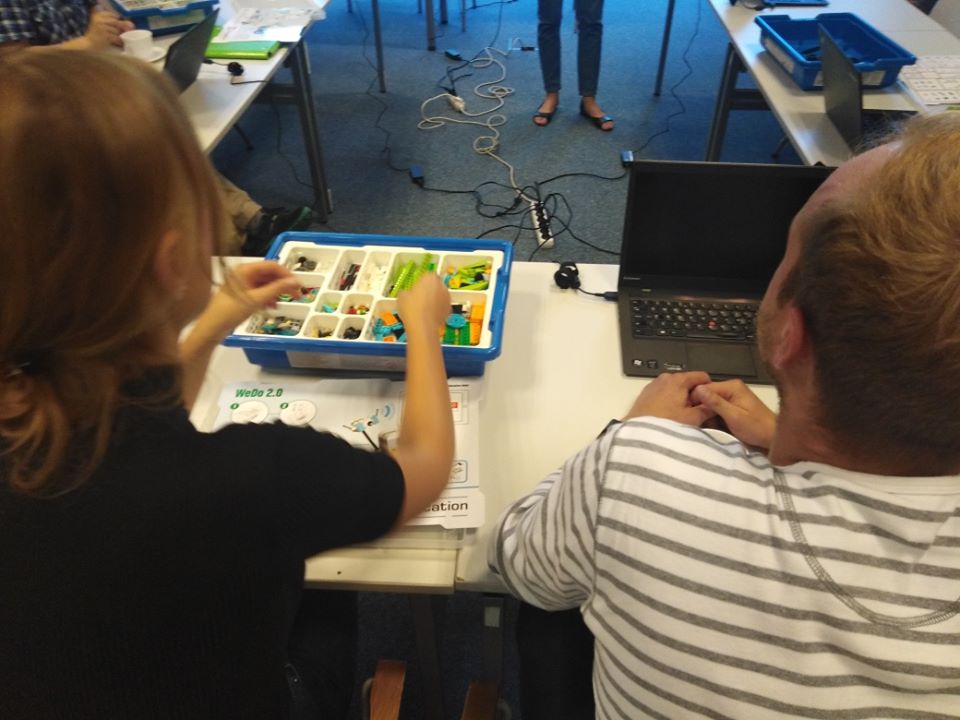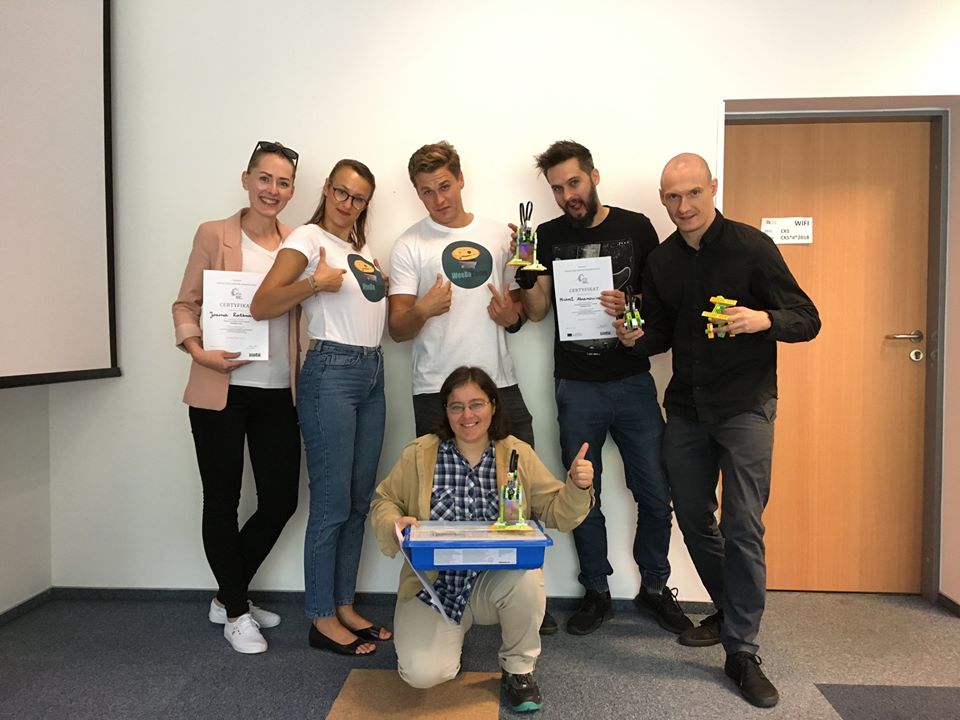Successful
completion of the two-year Erasmus + KA2 Strategic Partnerships
project ” HOW TO RAISE AN INVENTOR. TECHNOLOGY AND ENGINEERING
LEARNING MATERIAL FOR SCHOOLS“.
Project
partners, seeking to contribute to expansion of the STEAM
initiatives, have set the following goal: to improve the capabilities
of pupils in primary and secondary educational institutions in the
fields of technology and engineering.
The
partners carried out the following tasks:
1)
created an online training tool “How To Raise an Inventor” for
pupils aged 11-13 (7th
grade in most countries) to provide pupils skills in STEAM and
contribute to the formation of their future career choices. The tool
is available in English, Lithuanian, Dutch, Polish and Latvian;
2)
9 teachers tested the training tool with 101 pupils in
three schools in Lithuania, Latvia and the Netherlands in classes or
as an extra-curricular activity during school year 2018/2019;
3)
evaluated
the effectiveness of the tool;
4)
improved teachers’ STEAM subject knowledge and methodological
skills;
5)
disseminated the project’s results to a wide audience in partner
countries and outside them.
The
training tool “How to Raise an Inventor” consists of four
modules. Teachers
and learners acquire knowledge about the whole set of tools:
Microbit, Lego Mindstorms and 3D technologies.
Modules
“Micro:bit”, “The Art of Making” and “Build an Arm
Wrestling Robot” are based on the formulation of real-life
technical problems, hands-on application of tools and search for
problem solution by applying “design thinking” methodology,
which brings together skills in creative, critical and
interdisciplinary thinking, teamwork and cooperation. The fourth
module “How to Make Ideas and How They Travel” cultivates
pupils’ user-value orientation and the ability to turn technological
solutions into business solutions. This way, lesson materials link
technical education with entrepreneurship training.
Teacher’s
notes with methodology instructions and tips accompany each lesson or
project. Based on teacher’s feedback after the testing period,
module developers prepared recommendations about the use of each
module. This makes the materials possible to use even for beginner
teachers. All four modules together are sufficient for weekly
technology classes or extra-curricular activities for the entire
school year.
The
intellectual outcome was greatly influenced by the fact that the
partnership managed to attract partners who are very experienced in
creating lesson materials. They also cooperated with technology
experts from outside of the partnership.
The
research prepared by partners evaluated pupils’ skills and
attitudes towards STEAM. It showed that most pupils score their
long-term interest in STEAM at about a 3 out of 5, with the
distribution being slightly skewed towards choosing a career in
STEAM. However, based on self-evaluation, pupils’ general STEAM
skills and interest in STEAM did not increase. This might be due to
the fact that pupils were learning things that are generally
difficult, and this made them realize how much they do not know yet.
But the survey clearly indicated that pupils think that their
knowledge and skills related to project modules have improved.
An
expert conclusion about the suitability of the lesson materials was
provided by STEAM professionals and methodology experts. It will be
used for further dissemination and use of the training materials by
other STEAM orientated schools and individual teachers, self-learners
in partner countries as well as worldwide.
The
biggest positive impact in the partnership has been expected and
occurred in partner schools. In Latvia, technological training will
become compulsory from 2020 as per state regulation. The project has
helped the partner school from Riga to become fully prepared for this
in advance. At the Lithuanian school, the training tool has helped to
enhance the content of engineering lessons with new technological
tools. At the Dutch School, the project was the first encounter with
STEAM teaching. All schools continue
learning from the project’s lesson materials in the framework of
their curriculum.
Project’s
impact
outside partner organizations was reached thanks to numerous
dissemination events and learning activities organized for pupils and
teachers. Through
the network of associated partners, the strategic principle of
joining formal, non-formal and self-driven learning is implemented.
We
expect that the number of people who benefit from the project will
rise even more after the project’s official end.

